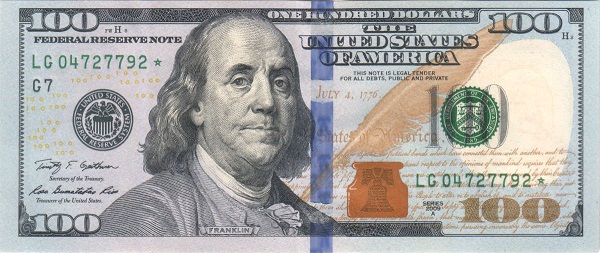Michael Weller
"An Island for Whites", Book XII, Chapter 88.
The Boston
Tea Party.
In Boston, near the port, we sit in the Betty Ross pub and drink tea with rum. This is a good Indian tea, loose leaf, large, without all these ersatz bags and other nonsense. And it is brewed in a large faience teapot, and we drink it from porcelain cups.
And a bottle of rum, a black Appleton from Jamaica, was moved from the bar to our table: now it's not the time for being cheap.
"Don’t you think her perm is too powdery for a seamstress?" asked Crispus Attucks in a worldly tone, adjusting his snow-white jabot and shaking off a speck of dust from his black coat. He nodded at the portrait of a young lady with a powdered updo clutching a needle in her graceful fingers.
Paul Revere opened his waistcoat, straightened his three-cornered hat, rubbed his full cheeks with his hand, and said gloomily:
"Enough talking. Either we organize, unite, create a common popular movement and throw off these presumptuous scoundrels, or they will turn us into sheep for shearing."
Joseph Warren's matte face expressed approval. The green color of the frock coat, very common among doctors, gave it a military feel.
"It is necessary to create a Public Foundation for the Fight for Freedom," he said, taking a sip of tea and putting the cup back on the saucer. "You can't do anything without money: for travels for the organizers and messengers, for food for those who were left without land and without work. For weapons, gunpowder and lead. For horses."
"Business must participate, if it does not want to be a beggar; they will support us,” nodded Henry Lee III. We moved glasses of rum and drank to the organization of the free people and the money for this organization. Hearing the familiar word "horses", Casimir Pulaski again started talking about the need to create a people's cavalry with his funny Polish accent. The cavalry will instantly move to the desired point to eradicate all those liberal, I mean English, bastards!
"The fundamental question of the revolution is the question of power. It is necessary to seize power as soon as possible. And at any cost! Without limiting yourself in any way. We have a war ahead, gentlemen, and that means either victory or the gallows." Paul Jones lit his navy pipe and wrapped himself in puffs of tobacco, looking as if it were cannon smoke. Everyone looked at Benedict Arnold: the first step to the cause was his. Benny smiled with his charming cynicism and nodded as if we had just talked about it.
"It is necessary to buy advertising space. And advertising time. On the main channels. What does "if it fails," mean? Firstly, we pay them, after all. A lot! Evading taxes. Secondly, don't we have any compromising stuff on them? We would dig it, we would! "And if not?" We'll burn down the house. Not yet enough? Let's kill afew. It is enough to kill two – the rest would become nice and cooperative. We don't have money yet? Well, then kill them right away! Is it really a puzzle?
Francis Marion always thought in purely military terms; a concrete and decisive person. He saw to the root:
"The nation is captured by the enemy. The enemy disguised themselves as American citizens. The enemy is protected by American laws. The enemy took intelligence and counterintelligence, the Supreme Court and Congress, the media and universities. In the end, they took over the Presidential Administration. And with all the impudence they installed their man into the presidency, mocking the elections and falsifying them. We need a complete cleansing – I repeat: a complete cleansing! – of the entire government apparatus."
After the speeches, so to say, of the light infantry, the heavily armed veterans of the third line entered the business. John Adams, the red-nosed battering ram, pulled out a pamphlet from his pocket and read it like a sentence:
"When a long series of abuses and violence, always directed to the same goal, demonstrate a cunning design to force the people to submit to unlimited despotism, the overthrow of such a government and the creation of new security guarantees for the future becomes the right and duty of the people."
He unrolled his handkerchief, blew his nose, and slipping the handkerchief into one pocket and the pamphlet into the other.
"This is the Declaration of Independence, if anyone does not understand! John Jay roared furiously and slammed his fist on the table. With all its sincerity, this looked as oratory: the cups jumped and clinked, the bottle swayed, but a moment of awkwardness passed by.
"Power fears only one thing – a greater power," said George Washington gloomily. Violence can only be answered with stronger violence, cruelty – with stronger cruelty. Terror – with more ferocious terror. They sowed the wind, now they would reap the whirlwind.
"What have the Americans turned into…", Roger Sherman sighed.
We stayed up past midnight. The ships in the roadstead lit their masthead lights. The wind blew branches against the window. Everything was clear and decided.
"To arms, gentlemen," said Ben Franklin. We will philosophize later. – And he put a hundred-dollar bill on the table – for the fight.
